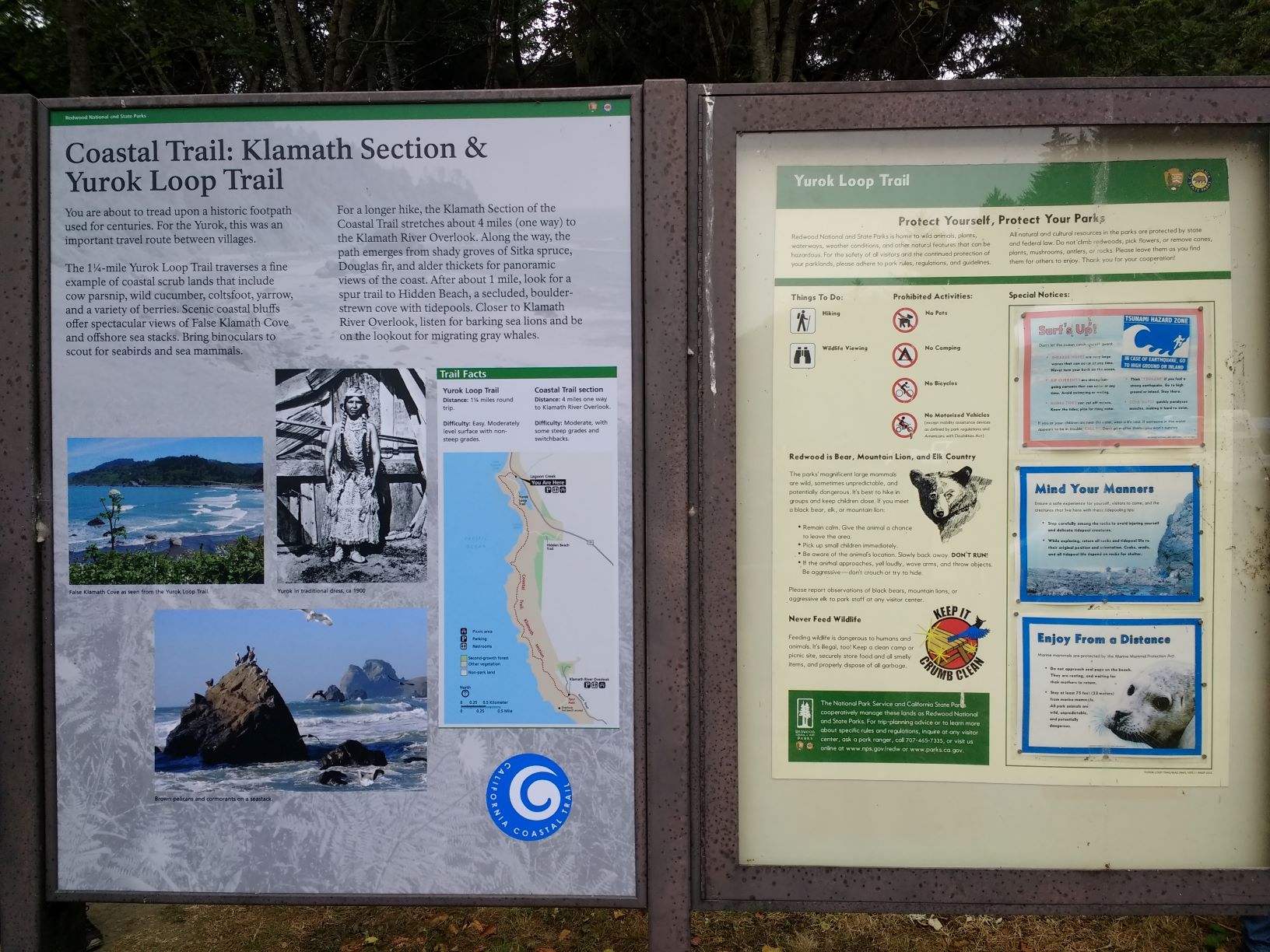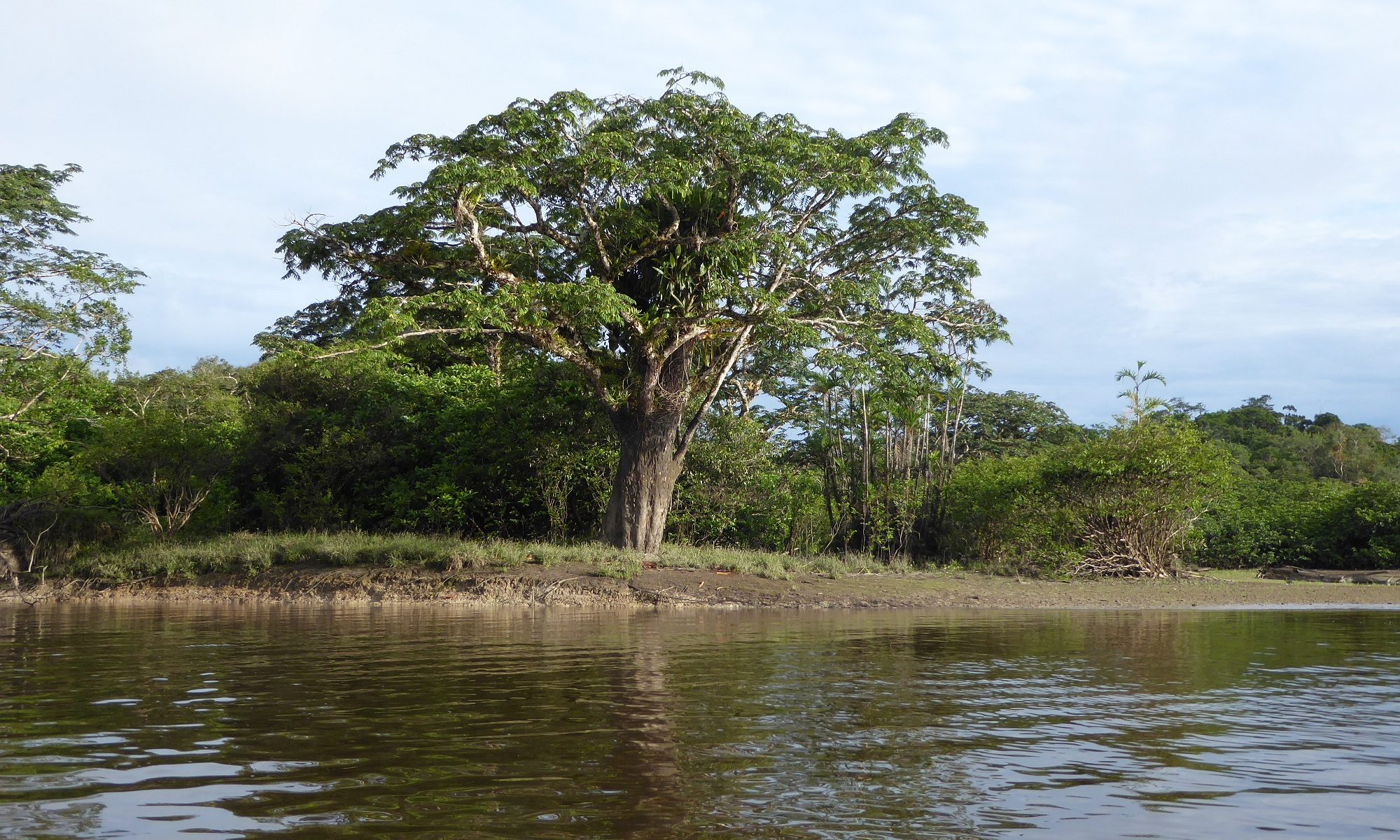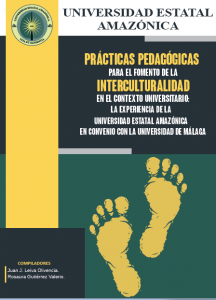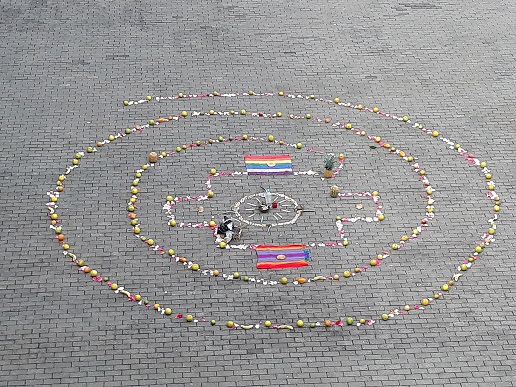Texto y fotos: Andrés Tapia
Como parte de una campaña de incidencia internacional de los pueblos indígenas y comunidades locales de Norte, Centro y Sudamérica y el sudeste asiático, se mantuvo el intercambio de saberes por el fortalecimiento de los conocimientos ancestrales, estrategias y acciones conjuntas por la defensa de los territorios, entre los pueblos del sur y del norte, en el territorio del Pueblo Ancestral Yurok, ubicado al norte de California, Estados Unidos. El encuentro realizado entre el 2 y 7 de Septiembre en el campamento Redwood, región de Klamath, en los bosques de coníferas del norte de San Francisco (California), reunió a 45 líderes indígenas de 20 pueblos y 13 países, integrantes de la Alianza internacional conformada por la Coordinadora de Organizaciones Indígenas de la Cuenca Amazónica (COICA), Alianza Mesoamericana por la protección de los bosques (AMPB), Alianza de Pueblos Indígenas de Brasil (APIB) y Alianza de Pueblos Indígenas del Archipiélago de Indonesia (AMAN), denominados los “Guardianes del Bosque”.





